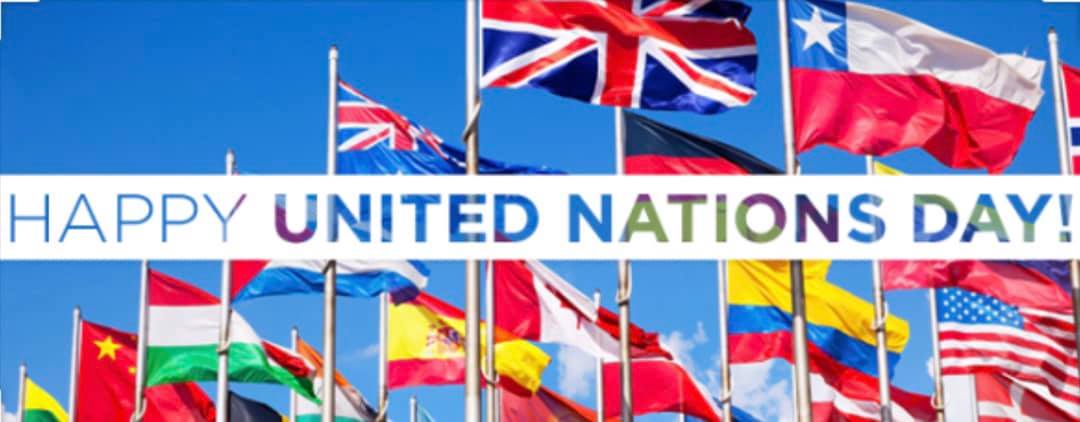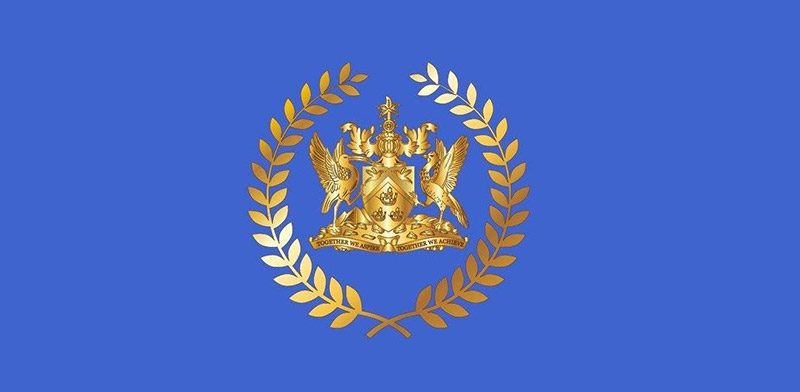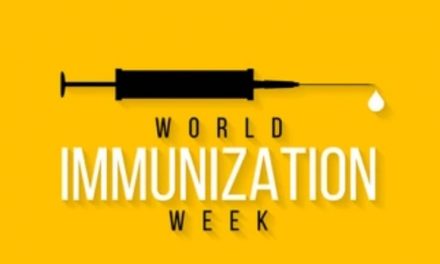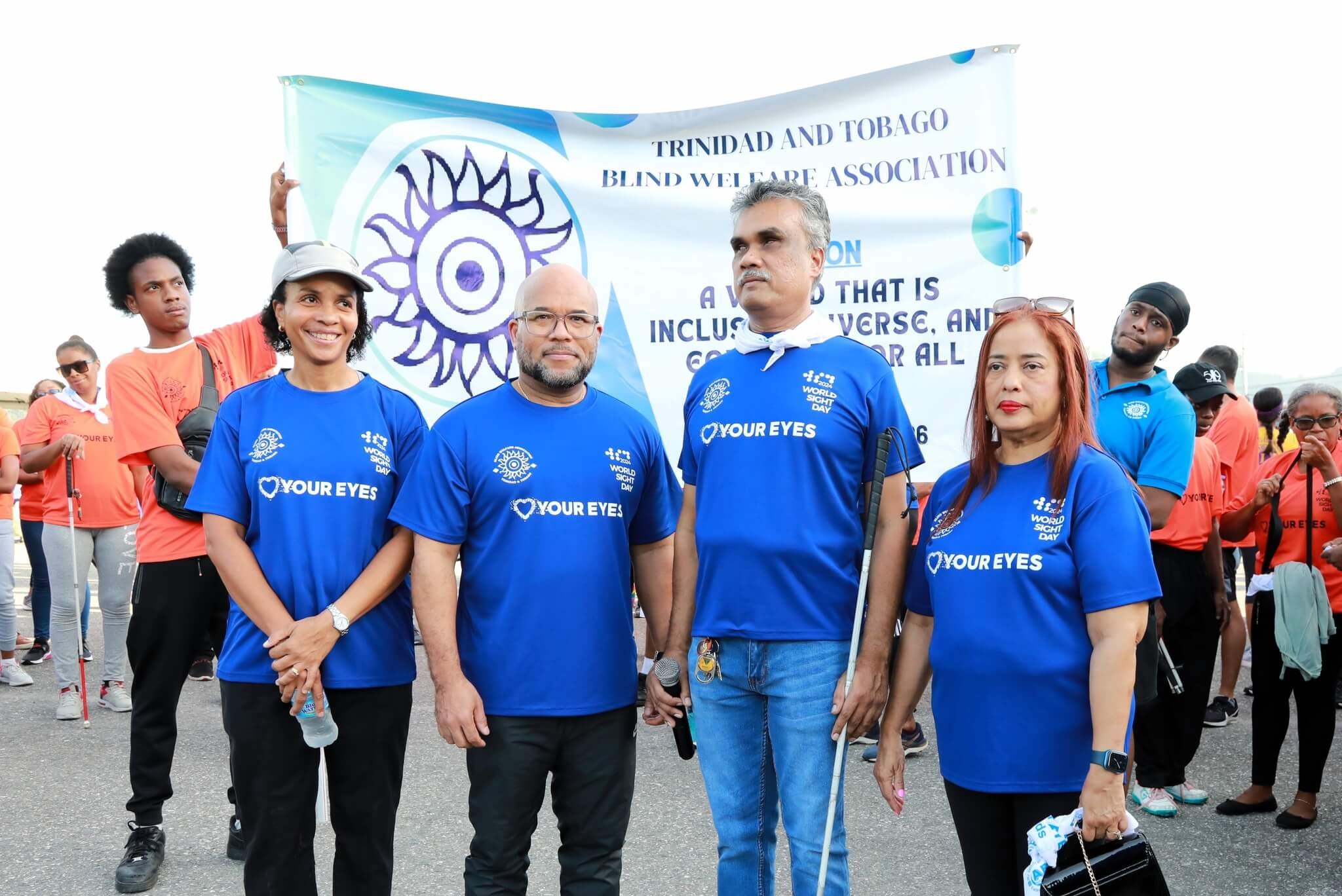After generations of global conflict, devastation and political intrigue, world leaders gathered in 1945 to draft a charter for a body that would focus on fostering the development of all nations. On 24 October 1945, the United Nations officially came into being. 74 years later, on this United Nations Day, we take stock of its accomplishments and the obstacles that it has faced since its formation.
Today, the United Nations is comprised of 193 member states and is at the forefront of the social, political and economic development of many nations. As it has always done over the years, the United Nations constantly renews its commitment to future generations. Consequently, the United Nations 2030 Agenda for Sustainable Development with its 17 Sustainable Development Goals maps the pathway to achieving a more peaceful and prosperous future for all of mankind.
Through its six principal organs, the UN tackles issues both within and transcending national borders. The UN’s own statistics indicate that it currently provides over 100,000 peacekeepers in 14 operations around the world, food and assistance to 91.4 million people in 83 countries, and vaccines to 45% of the world’s children.
Trinidad and Tobago has been a member of the United Nations since 1962 and continues to contribute to, and benefit from, its diverse operations. As we celebrate United Nations Day, let us be guided by the words of the UN Charter and ‘practise tolerance and live together in peace with one another as good neighbours.’ Let us recommit to upholding the human rights and dignity of our fellow citizens so that all countries can achieve their fullest potential.







